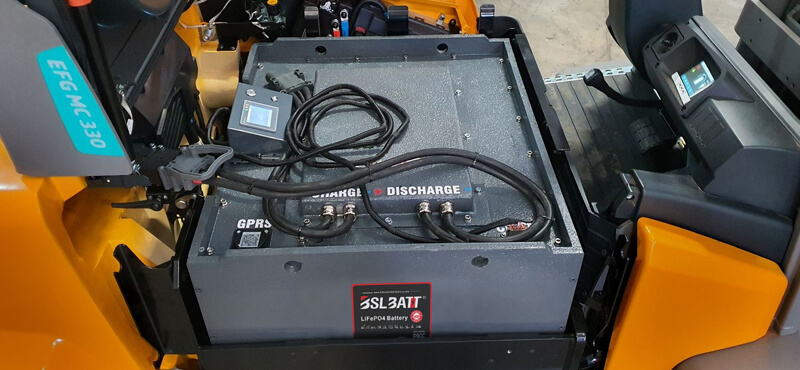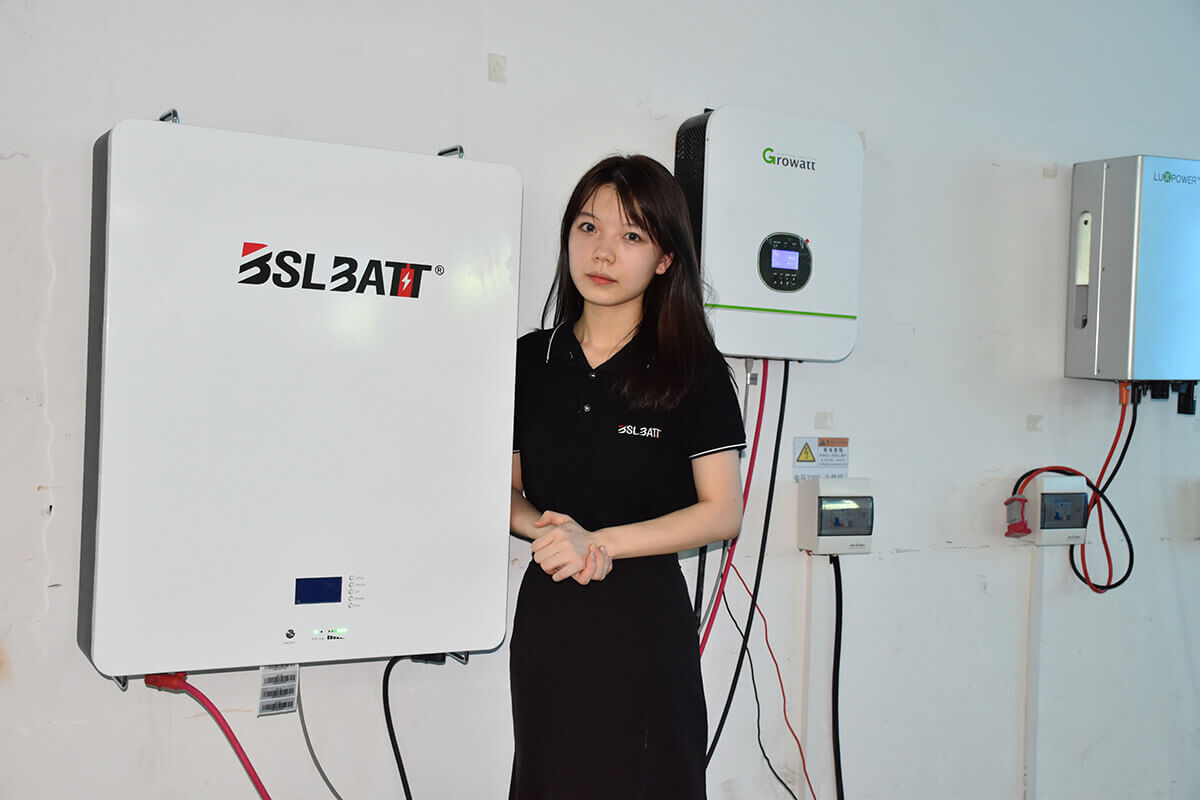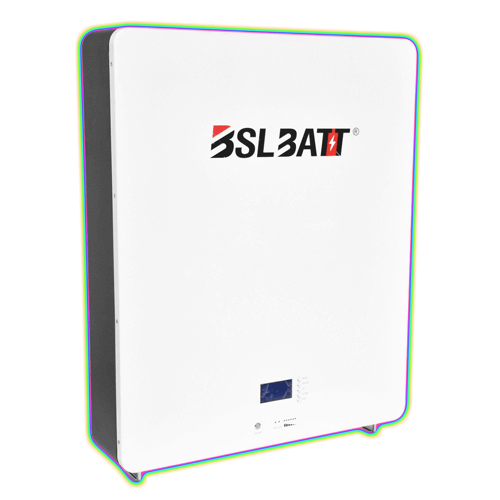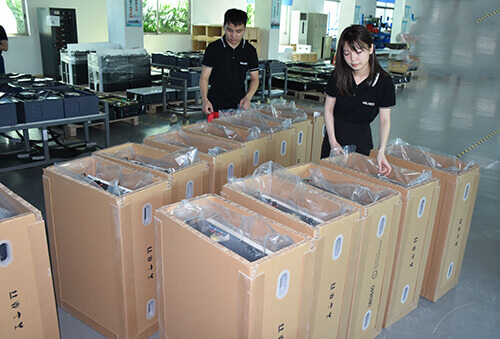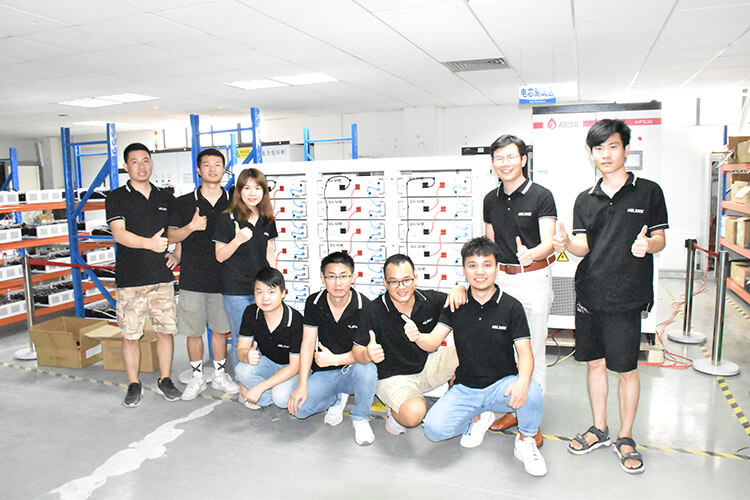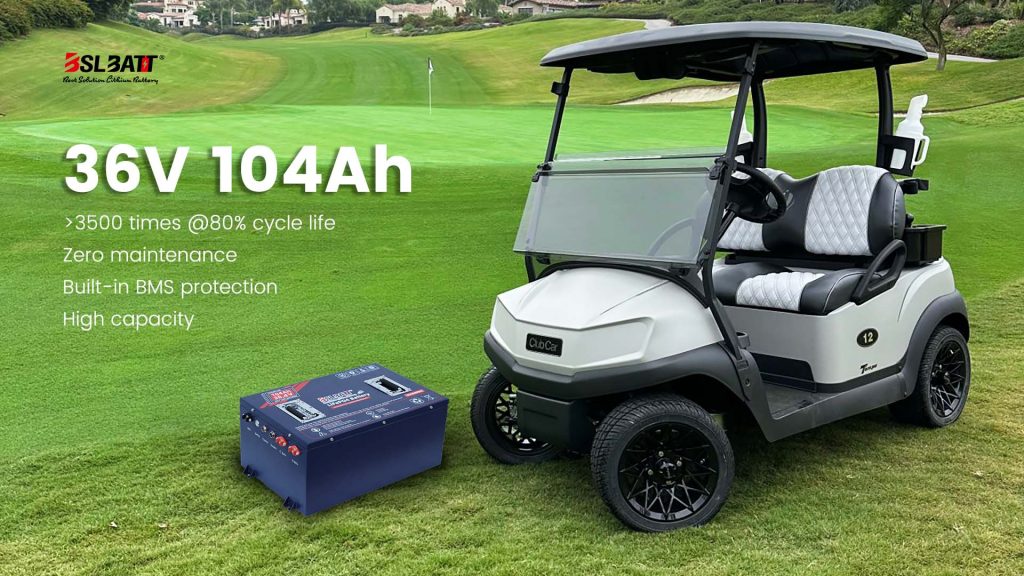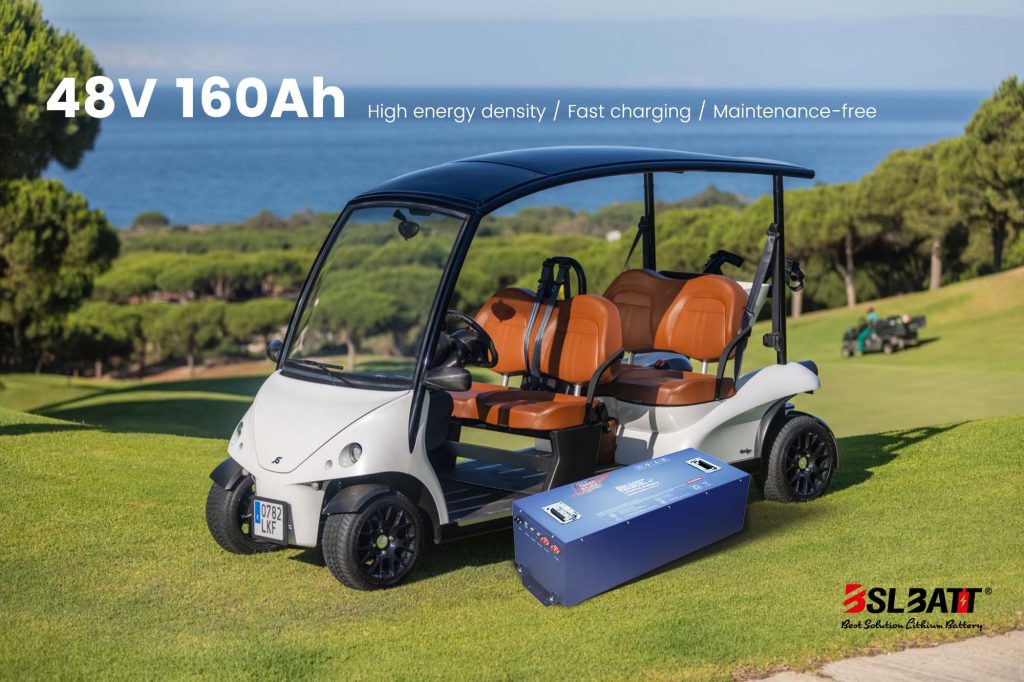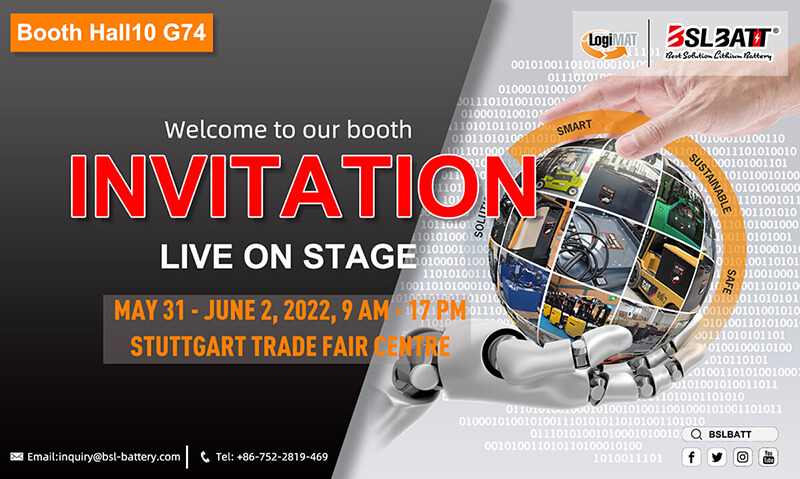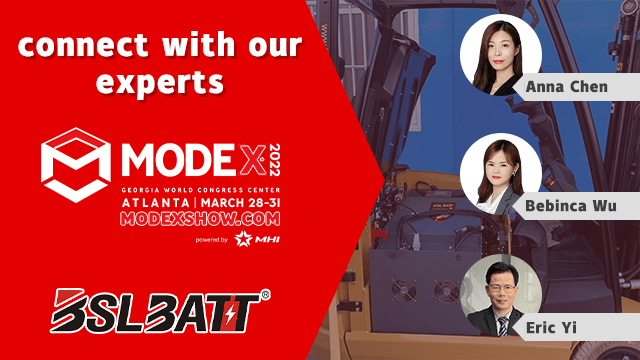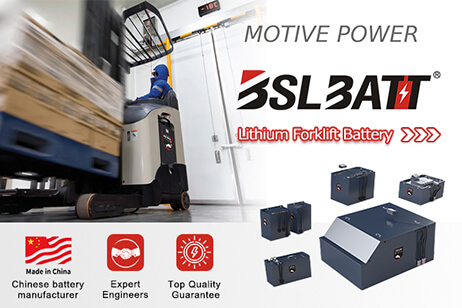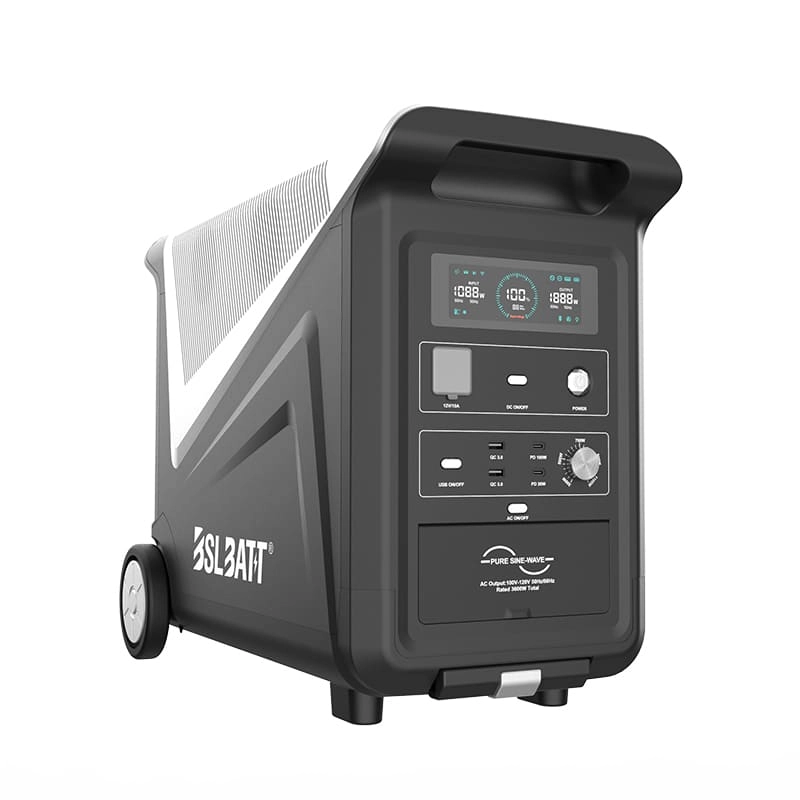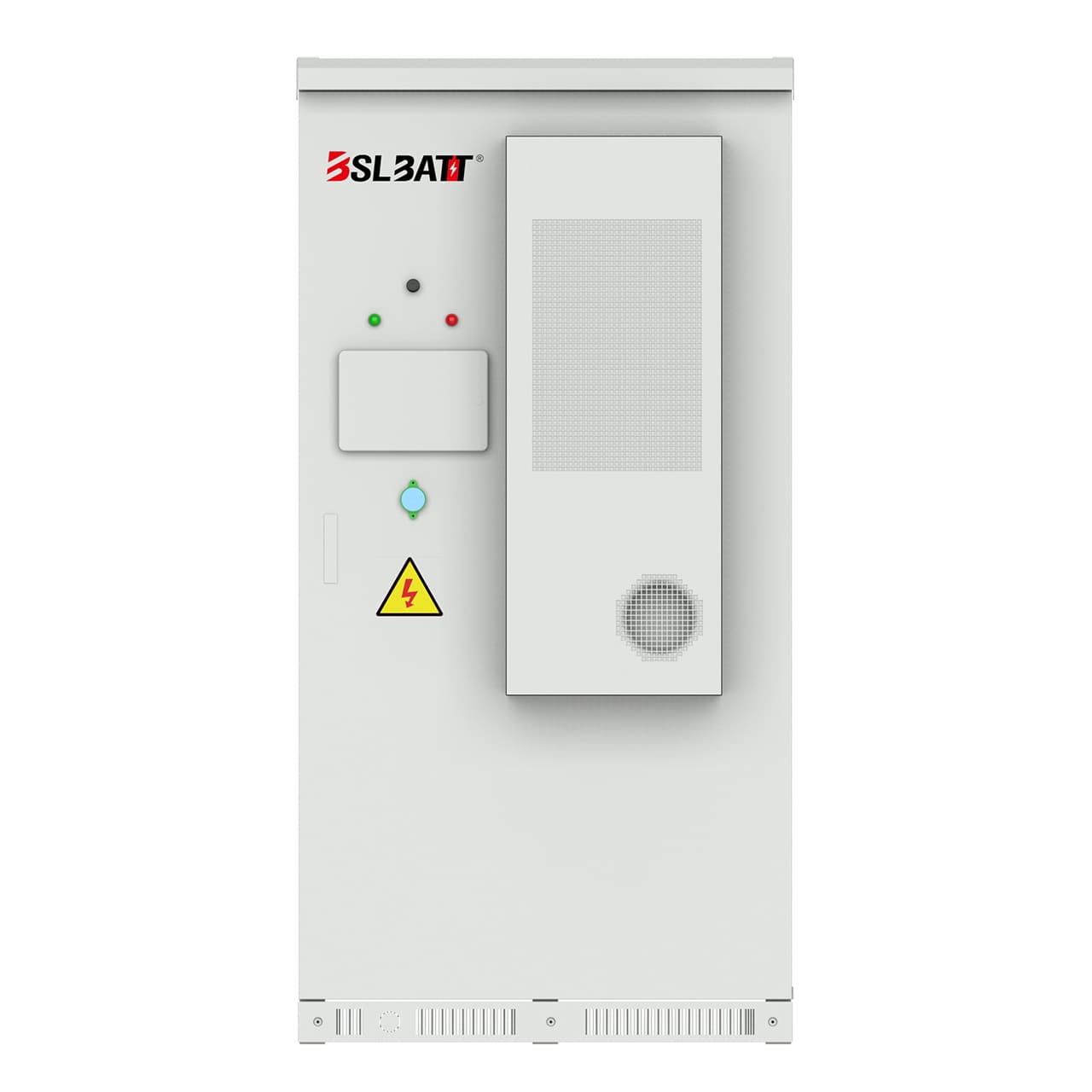Industry Application
Product Type
How does German residential energy storage market development?
How does lithium battery company develop in the German residential storage market?In recent years, the global residential energy storage market has been growing, and the deployment of energy storage in Australia, the United States, Europe, and other countries and regions has been growing rapidly. Germany, in particular, is clearly the industry leader. About 35,000 residential energy storage systems were deployed in 2017 alone, and another 45,000 are expected to be in use by 2018. So far, 90,000 residential storage systems have been installed in Germany, with a total capacity of about 500 MWh, or about two-thirds of the capacity currently in operation. So what is driving the boom in Germany, the world’s leading residential energy storage market? What is the value of a user deploying a residential energy storage system? More importantly, what is the measures Lithium battery company are taking to maintain and accelerate growth, and can this eventually become a truly open mass market?
To answer these questions, the following three main business models for residential energy storage in Germany are described: • “cash sales” – only energy storage hardware is sold • “utility game” – selling surplus power • “aggregation stack” – aggregates individual energy storage units to take full advantage of revenue “Cash sales”: early adopters provide support So far, many residential energy storage systems in Germany have been sold on a “cash sale” business model. It solves the key use cases of residential energy storage in Germany and increases the deployment of residential Lithium battery companies. In fact, in order to reduce the price of FiT and retail electricity, consumers are increasingly inclined to consume themselves rather than buying power from the grid. Combining solar power systems with residential storage systems can help expand the share of self-consumption, and the average procurement cost is still lower than the cost of grid power. But it is worth noting that solar systems often “subsidize” energy storage systems. As a result, adding a residential energy storage system will yield lower returns than deploying only solar power solutions. Its business case has been improved in part by German government incentives for energy storage, such as the KfW 275, which offers low-interest loans and repayment bonuses. But there are limits to the plan’s adoption, among other things, because of restrictions on access to the grid, bureaucracy, budget restrictions. About 20 percent of new energy storage systems will be installed and deployed in 2017. More importantly, the program is due to expire at the end of 2018 and no expansion is planned. So far, Germany’s energy storage market has been driven largely by an early adopter segment. This segment of the market is characterized by users being able to tolerate an incomplete, revenue-driven approach, but mainly by installing residential energy storage systems for non-profitable purposes, such as increasing the independence of utilities or actively supporting Germany’s energy transition. Curiosity and affinity for new technology, and fear of power cuts, have often boosted the market. But looking ahead, early adopters cannot ensure sustained market growth. In addition to early adopter segmentation, it is also important to attract more power-cost-sensitive customers. One strategy might be to stick to the “cash sales” business model and rely on further reductions in energy storage costs while improving retail channels and relationships with installers.
But some energy storage providers are choosing other business models to ensure growth. “Utility game”: add convenience to cloud computing solutions Through the “utility” business model, residential Lithium battery companies offer the following value proposition: customers buy a residential energy storage system at a preferential price and pay a fixed monthly rate, usually lower than current electricity charges. In return, they can access the power provider’s “energy cloud”: customers can “upload” any remaining autonomous photovoltaic power to the energy cloud, and they can also “download” it, for example, at times when there is insufficient sunlight, or at different locations (such as charging electric cars). There’s actually no power to upload or download. Instead of “uploading” too much solar power, as is often the case, energy storage providers get FiT. When customers want to “download” power from the energy cloud, Lithium battery companies buy and provide “green power” (that is, from renewable energy) to balance the needs of customers or charging stations, that is, to provide the electricity they need. In essence, Lithium battery companies use FiT revenues to offset some of the green power needed to “download” power from the energy cloud. Of course, customers can provide their own electricity for solar systems, accept FiT, and meet the rest through conventional power supply contracts, so the net savings for households are usually negligible compared with the “cash sales” business model. However, cost savings are not the main focus of this business model. On the contrary, the key value proposition of “utility game” is to increase convenience for customers. Fixed interest rates are used to prevent future increases in retail electricity prices, rather than trading with residential energy storage units and a separate source of surplus electricity. It is also an attractive model for Lithium battery companies: first, it creates new sources of revenue at fixed rates for the rest of the electricity supply. These fixed rates can be calculated through a high degree of planned security because of fixed FiT payments. Other advantages are that the product is relatively easy to implement (for example, it does not require complex aggregation of energy storage units), customers are locked in, and the operation of a simple “energy cloud” increases people’s interest and curiosity in residential energy storage. In addition, traditional German utilities such as e.on, EWE, and EnBW offer energy cloud solutions in one way or another. Also, the key reason is to retain or win support customers in an increasingly competitive retail power market, where storage products and solar hardware are sold and additional revenue streams are realized. Most importantly, it is a good opportunity for utilities with centralized infrastructure to participate in the development of distributed generation. In short, the utility game business model helps expand by reducing barriers to adoption, thereby increasing convenience for customers rather than saving costs Residential energy storage market size. “Convergence and superposition”: making full use of the potential of residential energy storage However, the “aggregation and superposition” business model is likely to achieve real savings through residential energy storage and expand to a larger customer base. Unlike the utility game, many residential energy storage systems are now aggregated into large “virtual batteries”. This enables Lithium battery companies to address various use cases and may further generate revenue streams in addition to providing storage hardware and surplus power.
For example, perhaps the most frequently cited use case, in this case, is to provide frequency control with aggregate energy storage by participating in Germany’s price control reserve (PCR). The minimum energy storage capacity required is 1 megawatt, which can cover a limited-scale residential energy storage pool. Another example is to reduce the need for “rescheduling”, which avoids changing the power generation plans of large power plants in the short term to prevent grid constraints. Storage provider Sonnen has launched a pilot project in late 2017 to bring together a variety of home storage devices to help power transmission system operator TenneT reduce the cost of rescheduling and other balancing requirements. In addition, Lithium battery companies have begun adding wall-mounted charging stations to their products, with the aim of adding a growing number of electric vehicles to virtual batteries to boost revenue potential through electric-vehicle access to grid services. Wall-mounted charging stations can also achieve “smart charging” to avoid congestion and related investment in distribution networks within the distribution network operators (DSO). The extra revenue will allow Lithium battery companies to offer customers lower hardware prices and fixed rates, ultimately saving a lot of money by adding storage equipment to residential solar systems. Like the “utility game” business model, the product is often simpler and more interesting, such as joining a community of renewable energy and energy storage enthusiasts. Finally, it can persuade cost-sensitive customers to expand the mass market of residential energy storage. Overcome today’s challenges Germany’s early adopters were not enough to lift the residential energy storage market to new levels of growth. In addition to early adopters, a wider range of customers must be attracted. While lower overall costs for energy storage systems and the coming expiration of FiT are certainly helpful, simplified products that increase customer convenience are a good way to reduce barriers to adoption and further expand the reach of the customer base. But in order to eventually expand the mass market for residential energy storage, buyers need to be persuaded by cost savings, and the ability to stack income streams by aggregating household storage facilities could be a key driver. For Lithium battery companies, exploring and seizing these opportunities is a good strategy, even if the challenges remain. Source: China energy storage net work! |
A Guide to Choosing the Best 48V Lithium Golf Cart Battery
Would it be worth investing in a 48V ...
10 Exciting Ways To Use Your 12V Lithium Batteries
Back in 2016 when BSLBATT first began designing what would become the first drop-in replacemen...
BSLBATT Battery Company Receives Bulk Orders from North American Customers
BSLBATT®, a China Forklift battery manufacturer specializing in the material handling indust...
Fun Find Friday: BSLBATT Battery is coming to another great LogiMAT 2022
MEET US! VETTER’S EXHIBITION YEAR 2022! LogiMAT in Stuttgart: SMART – SUSTAINABLE – SAF...
Looking for new Distributors and Dealers for BSL Lithium Batteries
BSLBATT battery is a fast-paced, high-growth (200% YoY ) hi-tech company that is leading the a...
BSLBATT to Participate at MODEX 2022 on March 28-31 in Atlanta, GA
BSLBATT is one of the largest developers, manufacturers, and integrators of lithium-ion batter...
What makes the BSLBATT the Superior Lithium Battery for your Motive Power needs?
Electric forklift and Floor Cleaning Machines owners who seek the ultimate performance will fi...








